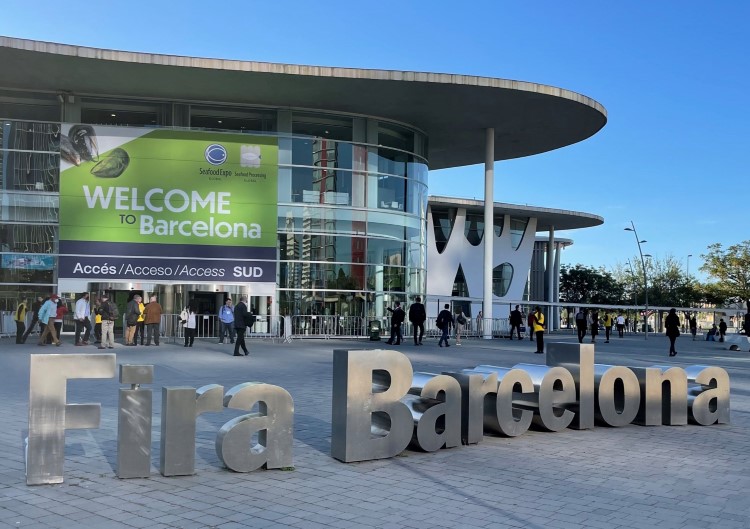Tilapia Survey Demonstrates GSA’s Commitment To Responsible Aquaculture
Since its inception in 1997, The Global Seafood Alliance’s philosophy has been to proactively identify the challenges facing aquaculture and to implement practical solutions that lead to continual improvements over time.
One such challenge is the use of antibiotics in aquaculture. Restrictions on antibiotic use are addressed in great detail in both the Best Aquaculture Practices (BAP) finfish and crustacean farm standards and BAP seafood processing plant standards.
On June 2, GSA further demonstrated its commitment to responsible aquaculture by publishing a survey to gather first-hand information on the use of antibiotics in tilapia farming, the results of which will educate the evolving Best Aquaculture Practices (BAP) program.
An invitation to take the 11-question survey was delivered to about 125 representatives of BAP-certified tilapia farms and processing plants located in China, Columbia, Costa Rica, Ecuador, Guatemala, Honduras, Indonesia, Mexico, Thailand and Vietnam.
This survey primarily concerns the use of antimicrobials listed by the World Health Organization (WHO) as critical to human health. Some of these substances are permitted for veterinary use. But there are concerns that overuse could potentially, by spreading resistance, reduce the effectiveness of human antimicrobial therapy. Thus, subject to the survey results, GSA will seek by year’s end to modify the tilapia-specific section of the BAP finfish and crustacean farm standards to exclude the use of antimicrobials listed by the WHO as critical to human health.
Some experts feel that antimicrobials listed by the WHO as critical to human health should be excluded from use in tilapia farming. Other experts feel that these antibiotics are critical tools for disease treatment and animal welfare. BAP-certified tilapia farms and processing plants are encouraged to take the survey, which is anonymous.
About Global Seafood Alliance
The Global Seafood Alliance is an international, nonprofit trade association dedicated to advancing responsible seafood practices through education, advocacy and third-party assurances. Through the development of its Best Aquaculture Practices and Best Seafood Practices certification programs, GSA has become the leading provider of assurances for seafood globally. The organization’s work addresses the full spectrum of responsibility, from environmental responsibility and social accountability to food safety. Established in 1997 as the Global Aquaculture Alliance, GSA is headquartered in Portsmouth, N.H., USA. To learn more, visit www.globalseafood.org.



